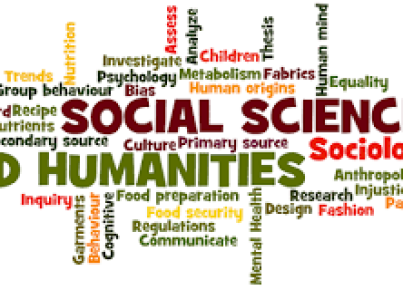Thanksgiving is a beloved American holiday that takes place on the fourth Thursday of November each year. Rooted in both historical and cultural significance, Thanksgiving is a time for gathering with loved ones, sharing bountiful feasts, and expressing gratitude for life’s blessings. This article will explore the history of Thanksgiving, its traditions, and the importance of giving thanks.
The History of Thanksgiving
The origins of Thanksgiving date back to 1621 when the Plymouth settlers (also known as Pilgrims) and Native Americans came together to celebrate a successful harvest. This first Thanksgiving was established as a symbol of cooperation and mutual respect between two different cultures, lasting for three days and featuring feasting, games, singing, and dancing.
Over the years, the meaning and historical context of Thanksgiving have often been romanticized or simplified; however, understanding its true origins can help us appreciate its significance. It’s essential to acknowledge that while the early festivities laid the groundwork for future celebrations, they were also marked by complexities involving land disputes, cultural clashes, and eventual colonial expansion.
Thanksgiving Traditions
Modern-day Thanksgiving traditions have continued to evolve throughout centuries but still hold onto aspects of the initial feast. Some popular customs include:
1. Family Gatherings: People often travel long distances to reunite with family members during Thanksgiving. It’s an opportunity for everyone to catch up on each others’ lives and enjoy quality time together.
2. Turkey Dinner: Roast turkey has become synonymous with Thanksgiving dinner. Families gather around elaborately set tables filled with dishes such as stuffing, mashed potatoes, cranberry sauce, sweet potato casserole, green beans and pumpkin pie.
3. Parades: The Macy’s Thanksgiving Day Parade is a holiday spectacle that has been delighting audiences since 1924. Giant balloons in various shapes take over Manhattan streets accompanied by floats featuring beloved characters and musical performers.
4. Football: Watching football games has become a cherished Thanksgiving tradition for many families, with NFL games airing throughout the day and friendly neighborhood matches taking place across the country.
5. Volunteering and Giving: Some people choose to spend their Thanksgiving Day volunteering at homeless shelters or donating food and supplies to those in need, as a way of giving back to their communities.
The Importance of Gratitude
At its core, Thanksgiving is about expressing gratitude and acknowledging our blessings. Taking time to reflect on the good things in our lives can help cultivate a positive mindset, strengthen relationships, and foster emotional well-being. Being mindful of the struggles others may face during this time can also inspire us to support one another – making this holiday not just an occasion to indulge in delicious meals but also to share our blessings with those less fortunate.
In conclusion, learning about Thanksgiving and its rich history can help us appreciate its importance as a time for coming together and giving thanks. By understanding its origins, participating in beloved traditions, and focusing on cultivating gratitude, we can genuinely embrace the spirit of Thanksgiving and pass down these valuable lessons to future generations.





